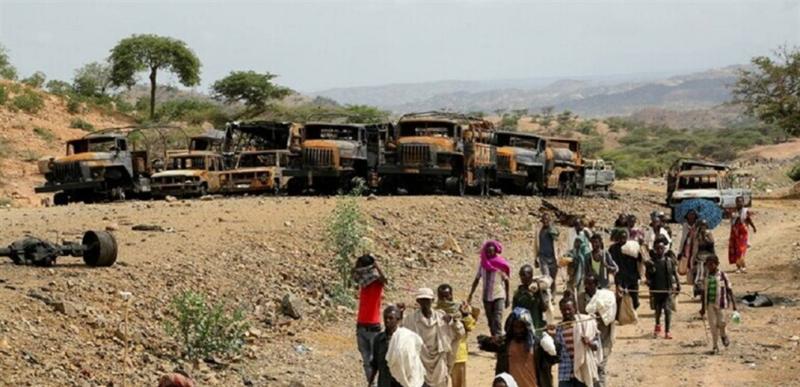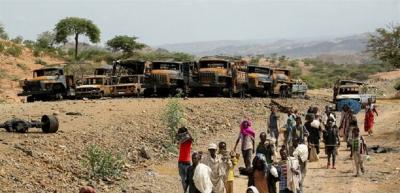United Nations-appointed investigators warned today, Thursday, that further atrocities are likely to occur in Ethiopia and called for continued scrutiny of human rights records in Addis Ababa, amidst the possibility of ending their work due to strong opposition led by African nations. Thousands have died in the two-year conflict between the government and forces from the Tigray region, a conflict that officially ended in November of last year. Both sides accuse each other of committing atrocities, including massacres, rape, and arbitrary arrests, yet both deny responsibility for any systemic violations.
The International Commission of Human Rights Experts on Ethiopia, which consists of three independent experts, stated earlier this week in a report that war crimes and crimes against humanity are still being committed in Ethiopia. The commission's ongoing mandate, which has lasted for two years, can be renewed during the ongoing session of the Human Rights Council in Geneva; however, no requests have been made so far amidst what diplomats describe as strong opposition from mostly African countries.
Ethiopia, which denies widespread violations, strongly opposes the investigation and has attempted to terminate its activities. Mohamed Shandi Osman, the head of the commission, told the council, which includes 47 countries, that ending the commission's work would be "premature" and urged for the renewal of the commission's mandate, citing ongoing violations in the Amhara region. He added, "Failing to do so would not only abandon the council's responsibility but would also send a horrifying message to the victims and survivors of this conflict."
He noted before the council that "the situation in Ethiopia bears most indicators of future atrocities." He accused Addis Ababa of making "deliberate efforts to evade regional and international scrutiny." Ethiopian Ambassador Tsigab Kebibu stated that the commission "grossly mischaracterized the positive political developments in Ethiopia that have been widely praised." He did not directly address other criticisms. A spokesperson for the Ethiopian government did not respond to a request for comment.




